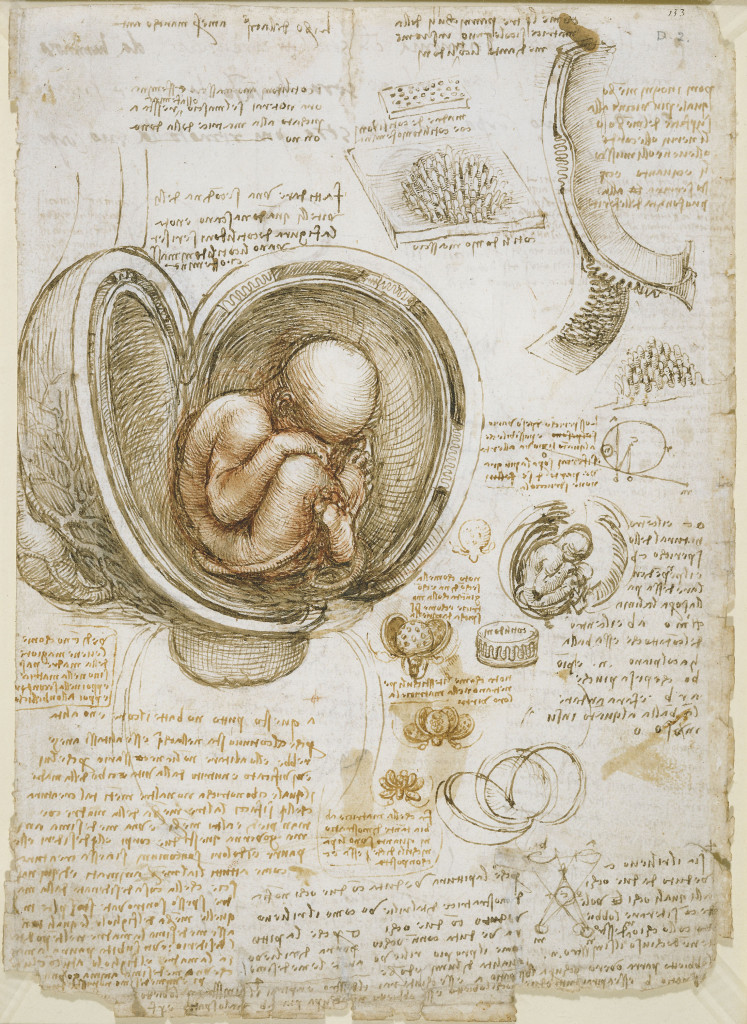In 1995, University of Kansas researchers published their findings regarding the broad “world gap” between children from low-income and higher-income backgrounds. They found that, by age 3, poor children would have heard 30 million fewer words spoken at home than their peers from more advantaged families. A gap closely linked to important differences in subsequent IQ, academic performance, and career outcome.
A recent study by scientists at the University of Kansas shows that fetuses are able to distinguish between different languages. In this new research, two recordings – one in English and one in Japanese – of a single bilingual speaker were played to the fetuses of two dozen pregnant mothers about one month away to full term. English and Japanese being rhythmically distinct, they provide a good comparison in the matter of language contrasts.
Generally, the sense of human hearing starts at about 18 weeks of gestation and, from there, the fetus is exposed to a lot of sounds in the womb, like the rumblings of mom’s gut, her voice and heartbeat, as well as many other external noises. By the way, it may be worth repeating that, contrary to popular belief, there is so far no evidence that listening to music in utero has any effect on the development of general intelligence. In any case, many experts believe that sound stimulation can have a strong impact on young brains, and parents are warmly encouraged to talk and read and sing to their babies as much as possible.

Studies of the Fetus in the Womb by Leonardo da Vinci (Wikimedia Commons)
READ THE ORIGINAL ARTICLE

